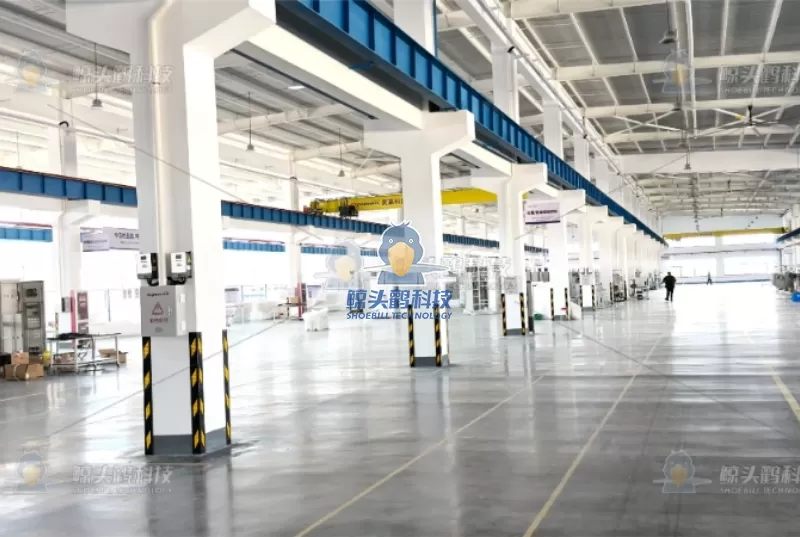In the realm of interior design, the choice between PVC wall cladding and traditional tiles has become a topic of great interest. Both options offer unique advantages, but it is crucial to understand the key differences and benefits of PVC wall cladding to make an informed decision. This article aims to delve into the various aspects of PVC wall cladding and highlight its superiority over tiles, providing valuable insights for homeowners and professionals alike.
- Durability and Longevity:
PVC wall cladding, known for its exceptional durability, surpasses traditional tiles in terms of longevity. Tiles are prone to cracks, chips, and discoloration over time, while PVC cladding maintains its original appearance and structural integrity for years. This longevity ensures a cost-effective investment, as it eliminates the need for frequent replacements or repairs. - Moisture Resistance:
One of the primary concerns in areas such as bathrooms and kitchens is moisture damage. PVC wall cladding offers superior moisture resistance compared to tiles. Its non-porous surface acts as a barrier, preventing water absorption and subsequent mold or mildew growth. This feature not only ensures a hygienic environment but also reduces maintenance efforts. - Easy Installation and Maintenance:
PVC wall cladding excels in terms of installation convenience and maintenance requirements. Unlike tiles, which demand meticulous grouting and leveling, PVC cladding can be easily installed using adhesive or interlocking systems. Additionally, its smooth surface allows for effortless cleaning, requiring only regular wiping with a damp cloth. This time-saving aspect makes PVC cladding an ideal choice for busy homeowners or commercial spaces. - Versatility in Design:
Tiles often limit design possibilities due to their fixed sizes and patterns. On the other hand, PVC wall cladding offers a wide range of design options, including various colors, textures, and finishes. Whether aiming for a modern, rustic, or minimalist aesthetic, PVC cladding can effortlessly adapt to diverse design preferences, enhancing the overall ambiance of any space. - Energy Efficiency:
PVC wall cladding possesses inherent insulation properties, contributing to energy efficiency within a building. Its thermal resistance helps maintain stable indoor temperatures, reducing the reliance on heating or cooling systems. This not only leads to energy savings but also promotes environmental sustainability.
Conclusion:
In the debate between PVC wall cladding and traditional tiles, it is evident that PVC cladding emerges as the superior choice. Its durability, moisture resistance, easy installation, low maintenance, design versatility, and energy efficiency make it a compelling option for both residential and commercial applications. By opting for PVC wall cladding, individuals can elevate their interior spaces while enjoying long-lasting benefits.



More Stories
彩色裝飾建築膜:重塑香港家居與建築美學的新選擇
10 Creative Ways to Organize Your Space with Removable Wire Baskets
Maximizing Space with Attic Shelves